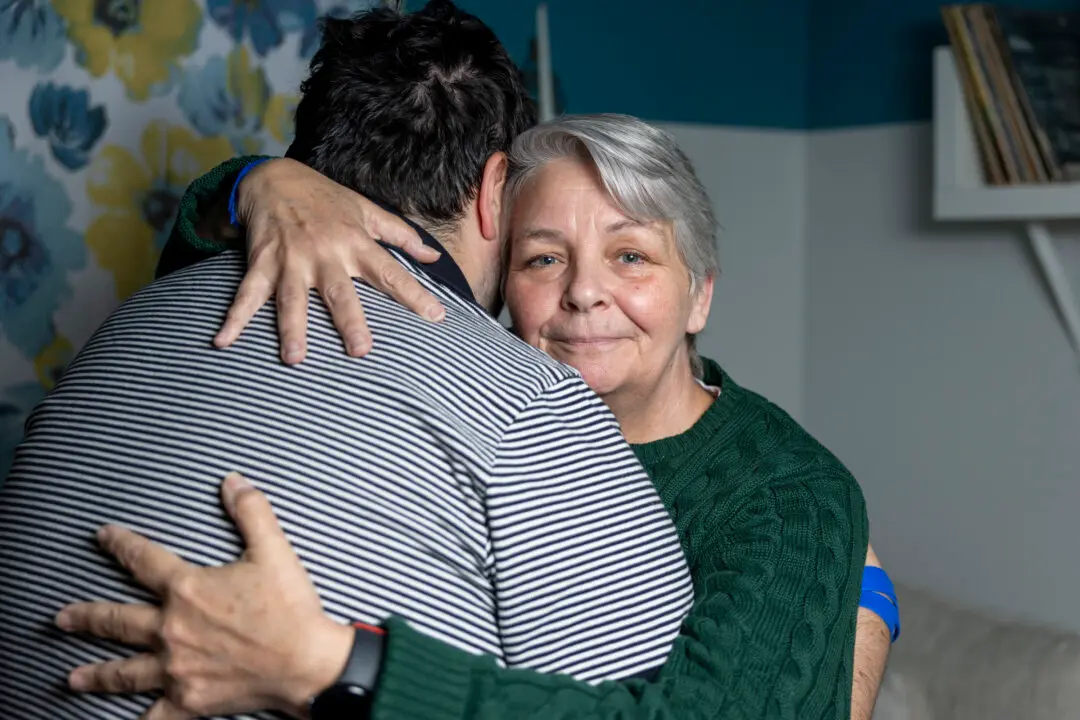Trying to cut back on spending is never easy, and it becomes even more difficult if all you want to do this summer is go on a summer vacation. As travel has grown more expensive, ongoing economic uncertainty means some Americans may be reconsidering their priorities: spend their hard-earned money on a vacation or reserve it for emergency savings?
Bankrate has found that Americans are typically choosing to spend money on travel, even when their emergency fund is low.
Slightly less than half (44 percent) of U.S. adults who have traveled or anticipate taking a leisure trip this year have spent, or plan to spend, at least $1,000, according to a June 2023 Bankrate survey. Simultaneously, 52 percent of U.S. adults have less than three months’ expenses in emergency savings, according to a separate June 2023 Bankrate survey. That includes 22 percent of people who have no emergency savings at all.
Spending money on a vacation isn’t inherently irresponsible, but spending money instead of putting it aside in savings can sometimes cause guilt. Although building your emergency fund is a top priority during economic uncertainty, that doesn’t mean you have to sacrifice discretionary spending or vacations. By considering what’s important to you and taking stock of your budget, you can save for the future and enjoy your time now.
Two in three (63 percent) U.S. adults have traveled or plan to travel for leisure this year, according to Bankrate. After COVID-19-related travel restrictions ended, more people have begun feeling comfortable flying again. On July 20, 2023 alone, the U.S. Transportation Security Administration screened 2.74 million travelers, up from 2.7 million that same day in 2019, before the beginning of COVID-19.
Crowds aren’t the only headache travelers are facing—they’re facing sticker shock, too. Inflation has impacted the cost of airfare, gasoline, food and other common travel expenses, and 53 percent of those who have already traveled in 2023 are seeing higher prices than they’re used to, according to Bankrate.
Just under half (44 percent) of U.S. adults traveling in 2023 expect to spend at least $1,000, and most will try to stretch that money as far as they can: 80 percent of summer vacationers told Bankrate in April 2023 that they planned to change something about their vacation due to inflation:
- 29 percent planned to select less expensive accommodations and/or destinations.
- 28 percent planned to engage in cheaper activities.
- 26 percent planned to drive instead of fly to their destination.
- 26 percent planned to travel for fewer days.
Despite the moves to cut costs, rising prices may mean people spend the same, or even more, on their vacation. Roughly one in four (28 percent) leisure travelers expect to spend more this year than they did in 2022, according to Bankrate.
Younger Americans are less likely to spend as much on travel. Only 31 percent of Gen Z travelers plan to spend at least $1,000 on travel this year, the smallest percentage of any generation.
In comparison, only 29 percent of Gen Zers, who are likely much newer to the workforce, have enough emergency savings to cover at least three months’ expenses.
Regardless of how much you have saved, if you haven’t gone on a vacation since before COVID-19, it can be tempting to go all out on a trip. But Bankrate Senior Industry Analyst Ted Rossman advises against spending money you don’t have.
“I don’t want to tell people they can’t have any fun, but it is worth pointing out that the average credit card rates are much higher than most other financial products. Financing a vacation with a credit card is a risky and expensive proposition,” Rossman said.
Instead of going into debt or using emergency savings, Rossman suggests the happy medium of traveling on a tighter budget, or forgoing travel altogether in favor of a staycation.
“Consider driving instead of flying,” Rossman said. “Or visiting a place during its offseason or shoulder season. I also like the idea of letting the deal dictate when and where you go. So often, people get their hearts set on a specific place at a specific time, and that makes it harder to save.”






